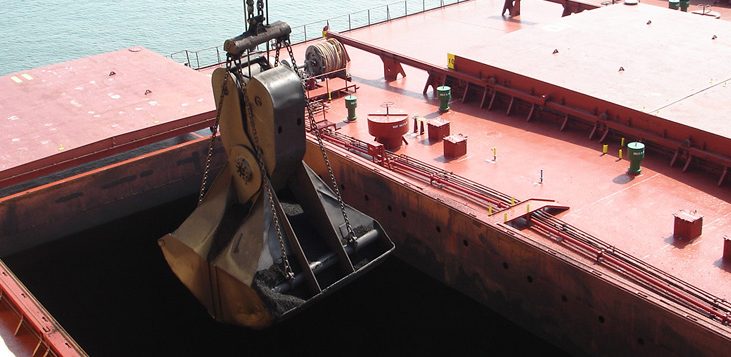INTERCARGO’s Technical and Executive Committees held in Athens their semi-annual meetings on 9-10 October 2017, where the association re-iterated its commitment to a safe and environmentally-friendly dry cargo shipping industry.
Main topics discussed were the safe carriage of cargoes, the non- availability and adequacy of Reception Facilities for cargo residues and cargo hold washing waters Hazardous to the Marine Environment (HME), Port State Control transparency and anti-corruption practices, operational challenges after the entry into force of the BWM Convention, air emissions, design standards for bulk carriers and related equipment.
On the field of casualties investigation, INTERCARGO stressed the importance of timely submission of the casualty investigation reports to IMO from relevant flag States, as a means of identifying the causes of the incident and enabling corrective actions.
In addition, it was underlined that Port State Governments need to provide incentives in order for ports and terminals to increase investment in the provision of adequate PRFs; floating plants could be arranged in ports such as barges, in order to reduce discharge times rather than relying on trucks and portable tanks; HME washing water treatment plants need to be located as close as possible to ports or PRFs. INTERCARGO also proposed recently to IMO a “model port reception facilities” concept with the purpose of assisting IMO and its members to have a more consistent and complete idea about adequate PRFs.
In relation to Port State Control corruption and the lack of any self-assessment structures, the association decided that it will continue its efforts to persuade regional MoUs to establish auditing schemes and transparency mechanisms with the objective of targeting corruption and misbehaviour within their areas, “a problem that has regrettably not been sufficiently addressed so far.”
Further, after the Ballast Water Management (BWM) Convention entry into force on 8 September 2017, INTERCARGO expressed its concerns about the practical problems faced by its members for retrofitting the existing dry bulk ships with BWM systems, and operating them.
“Achieving the effective implementation of the BWM Convention will require working closely with the manufacturers to this direction, who should consider establishing an association of their own for this purpose.”
On the implementation of the 0.5% sulphur cap from 2020 for ships’ bunkers, INTERCARGO is promoting the consideration of transitional issues such as the availability of 0.5% fuel, the impact on machinery systems, verification mechanisms and any regulatory amendments or guidelines required.
INTERCARGO will hold its next meetings in Singapore in March 2018.






























































